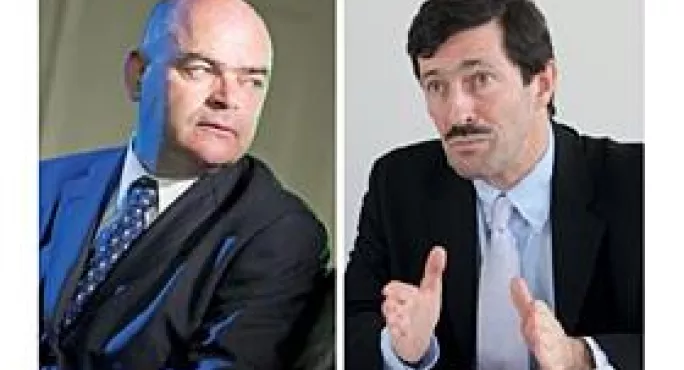The EIS union, long considered to be one of the staunchest supporters of the General Teaching Council for Scotland, has taken the newly independent body to task over its consultation on setting new professional standards for teachers.
The union claims the GTCS’s questions are “unnecessarily restrictive in their scope” and “seem to presuppose support for the proposals outlined”.
“A more open process would have facilitated the expression of dissent,” said Larry Flanagan, EIS general secretary, in a letter to GTCS chief executive Anthony Finn.
Mr Flanagan went on to say that the EIS’s broader concern was about “the growing desire on the part of some in Scottish education to ascribe views and roles to the GTCS in a manner which does not seem to fully acknowledge the independent status of the organisation”. The implication is that the GTCS needs to be able to resist pressure to simply conform to expectations that it will implement the Donaldson and McCormac reviews on teacher education and teacher employment respectively.
The union argued that the GTCS’s reference to the Donaldson review, Teaching Scotland’s Future, seemed to imply an “uncritical acceptance of all that is contained within that report”. Although it believed the report had much to commend it as the basis for further developing teacher professionalism, its findings “should not be wholly uncontested”, it said.
The tone of the GTCS’s consultation document was “disappointing”, said the EIS. “Phrases such as `reconceptualising the teaching profession’ seem unnecessarily dismissive of current practice in Scotland.”
It went on: “Throughout the documents phrases can be found, such as `transformative change in practice’, which imply that Scotland’s teachers are not doing a good job. Wording with such implications should be removed or revisited.”
The union also objected to the GTCS’s reference to the “moral imperative” of the profession “to secure the best learning opportunities and experiences for all learners in Scotland”. This suggested it was the sole responsibility of teachers to do so and ignored the current financial circumstances under which Scotland’s schools and teachers operated, it argued.
A spokesman for the GTCS welcomed the EIS’s response, saying: “We are already using feedback provided by those who responded to help inform discussion on the shape of the final revised standards which will be published early in 2013.”
He added: “The new standards for teachers who have already gone beyond fully registered status offer a range of options to support teachers to develop their skills according to their own professional needs.
“These standards were never intended to be seen as rigid or compulsory, and they will be supported by further materials provided by GTCS. In summary, they set out steps that teachers might take in the future, and that many take already, to develop their professional skills.”
Photo: Larry Flanagan (left) wrote to Anthony Finn and told him about his union’s concerns. Photo credits: James GlossopFraser Band
elizabeth.buie@tess.co.uk.
